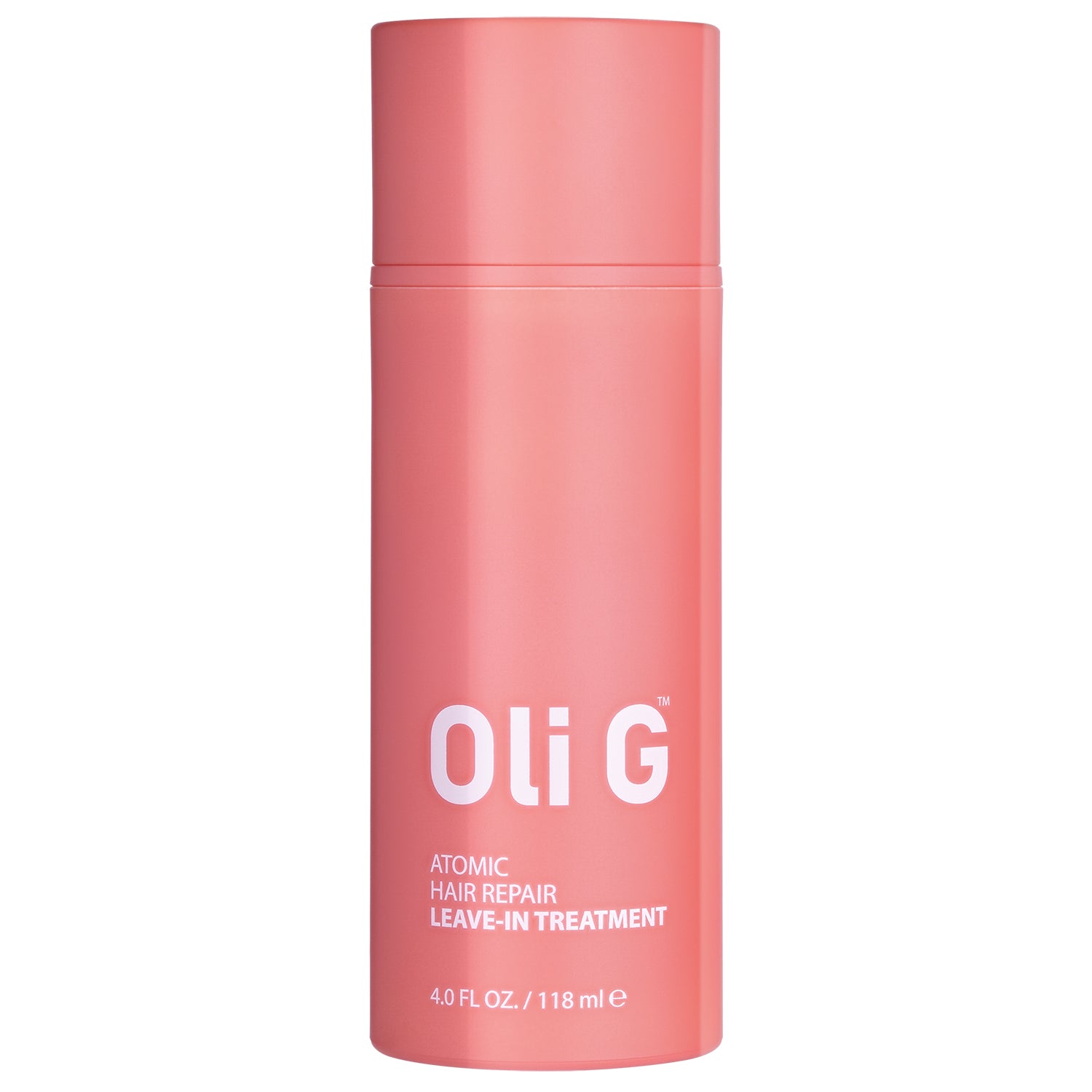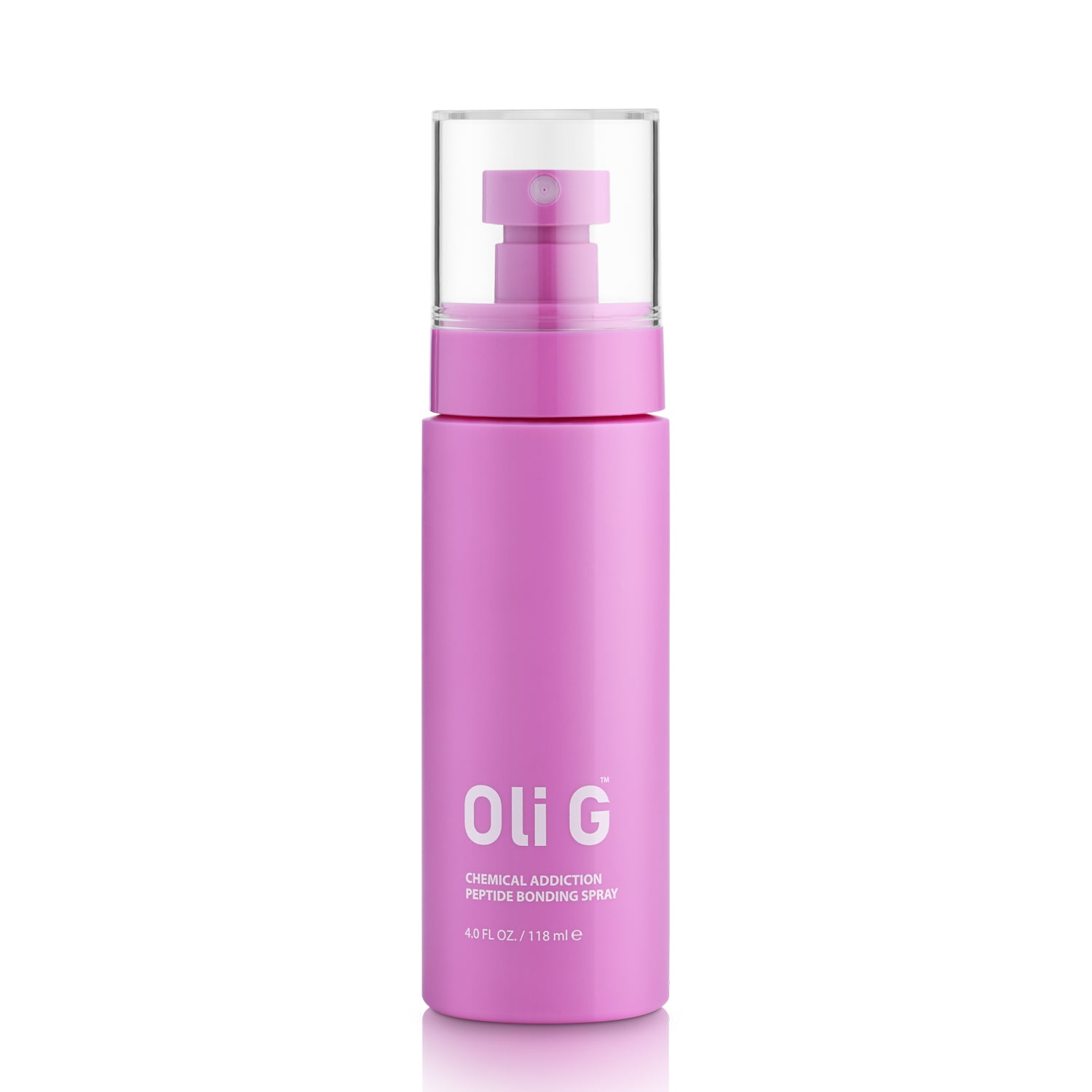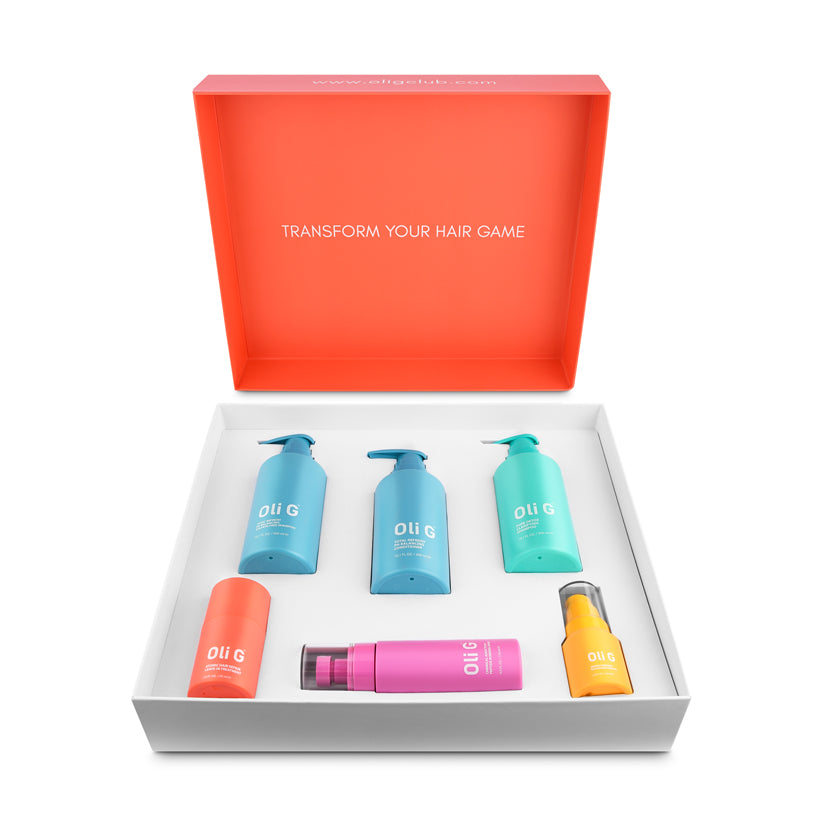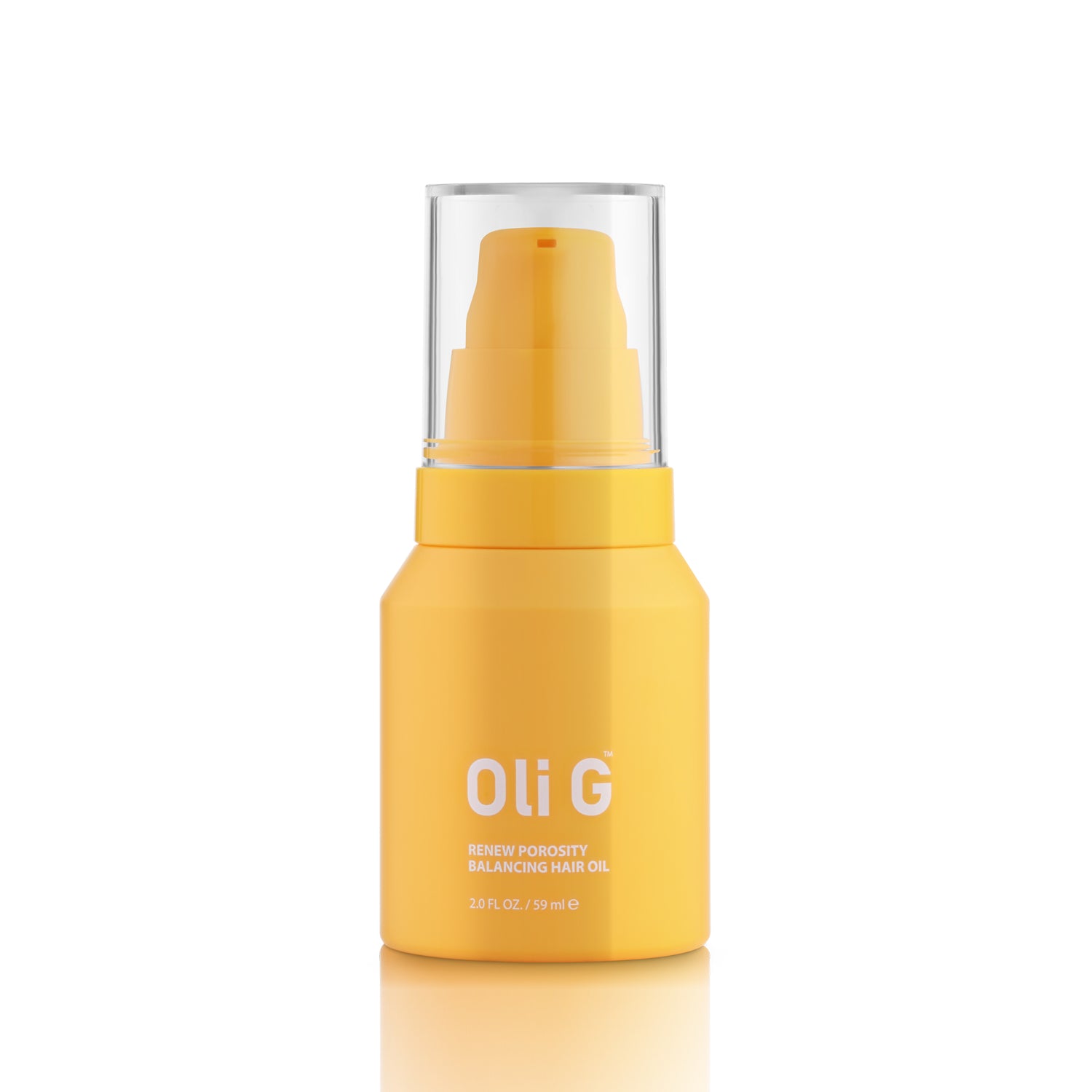Untangling the Science of Frizzy Hair: Understanding What Causes it and How to Fight it
Face it. Frizz is a total annoyance. You know how it goes: you leave your house with perfectly styled hair, looking and feeling amazing. But then bam! You step outside and it’s all over. Now your hair is a wild, unruly mess.
But why does it happen in the first place? Let’s explore the science behind the common hair fail known as frizz.
Contrary to popular belief, it's not just humidity that causes frizz. Other environmental factors like cool, dry conditions, environmental toxins and too much sun exposure can also contribute to frizz. Then of course the usual culprits don’t help: hair damage caused by chemical treatments, like hair bleach and dye. But it goes beyond what’s in and around your hair causing it to frizz up.
Your hair structure plays a key role in frizz too. Us humans have a naturally-produced oil layer on the surface of our hair helps that helps it retain its moisture while keeping excess water out. When damage—for any reason—occurs, those lipids on the hair’s surface gets stripped away, leaving your cuticle layer unprotected. This leads to frizz.
Hydrogen bonds also play a role in the problem. These bonds help hair maintain its shape, but when water enters the hair, it disrupts these bonds and causes the hair to change shape. Overlapping cells within the hair’s cuticle layer also lift and separate, making it easier for water to pass through and for hydrogen to bond with the natural keratin chains in your hair.
Dry and damaged hair also tends to accumulate excess negative electrostatic charges, causing flyaways and frizz. Anti-frizz products like oils and cationic polymers can provide temporary relief by slowing water from passing through the cuticle or by neutralizing the charge buildup on the surface of your hair. However, they don’t have the effective, high-quality ingredients it takes to fix the root cause of frizz—damaged hair.
What actually works for taming fizzy hair is a more direct and holistic approach to hair care. Starting with taking good care of your hair, minimizing your exposure to environmental damage and too much styling stress, long-term frizz control requires true molecular repair from the inside out.




